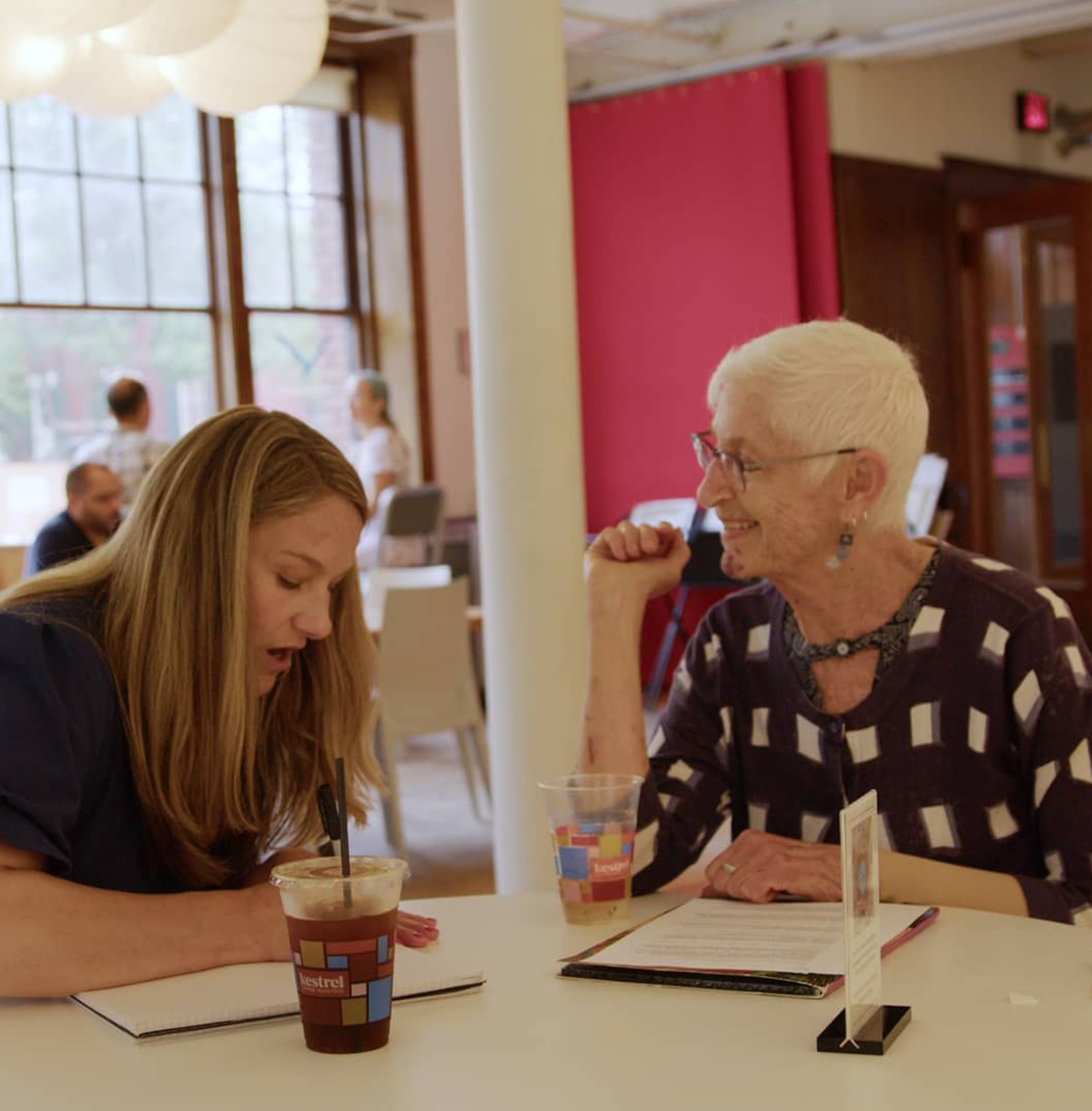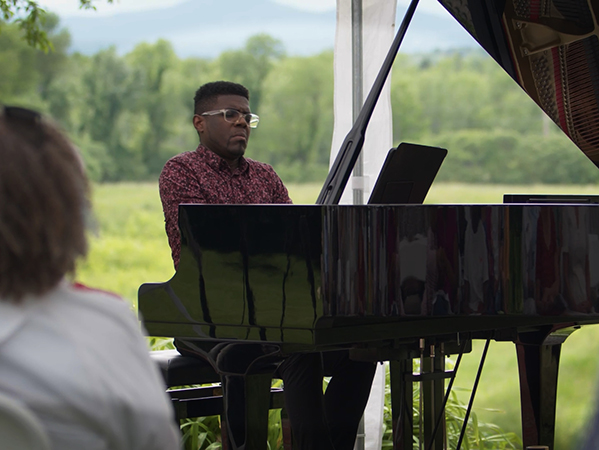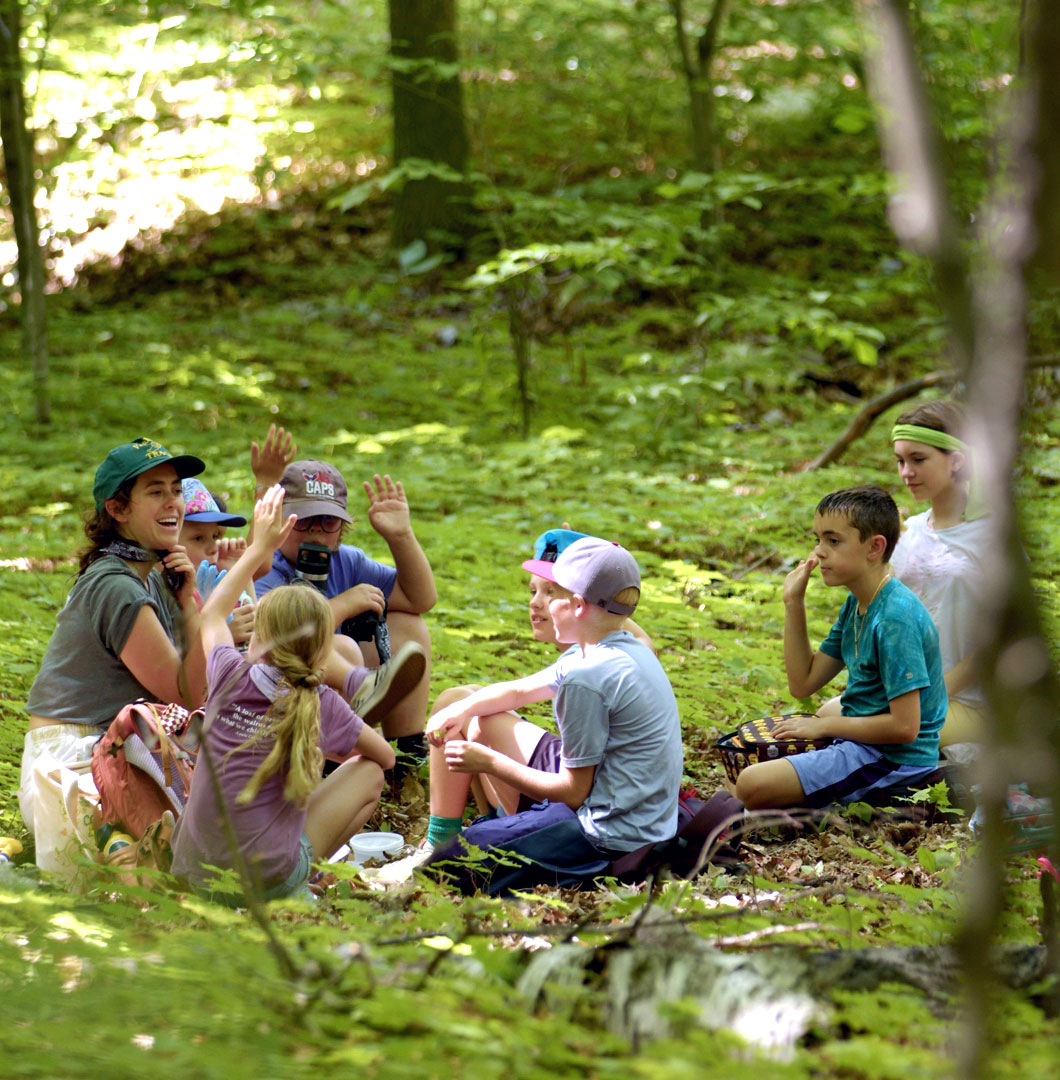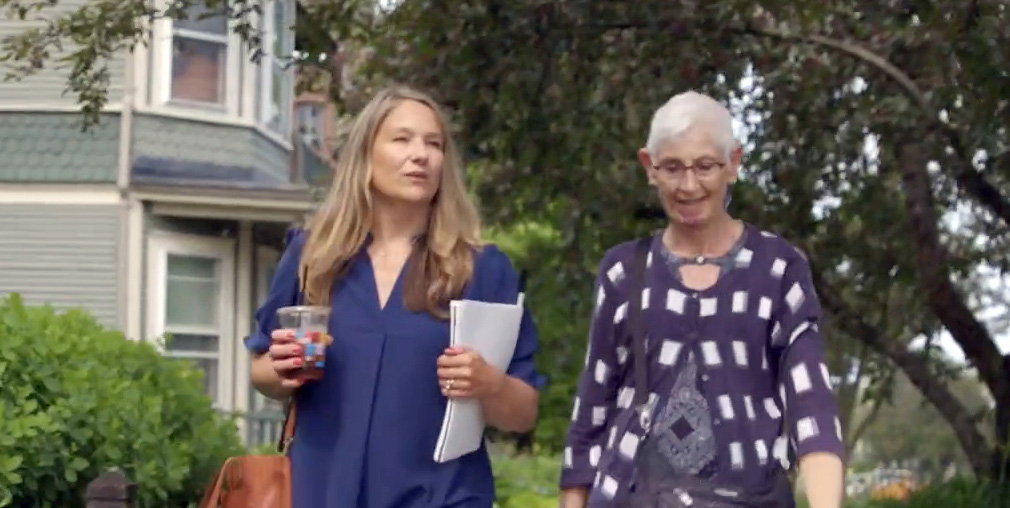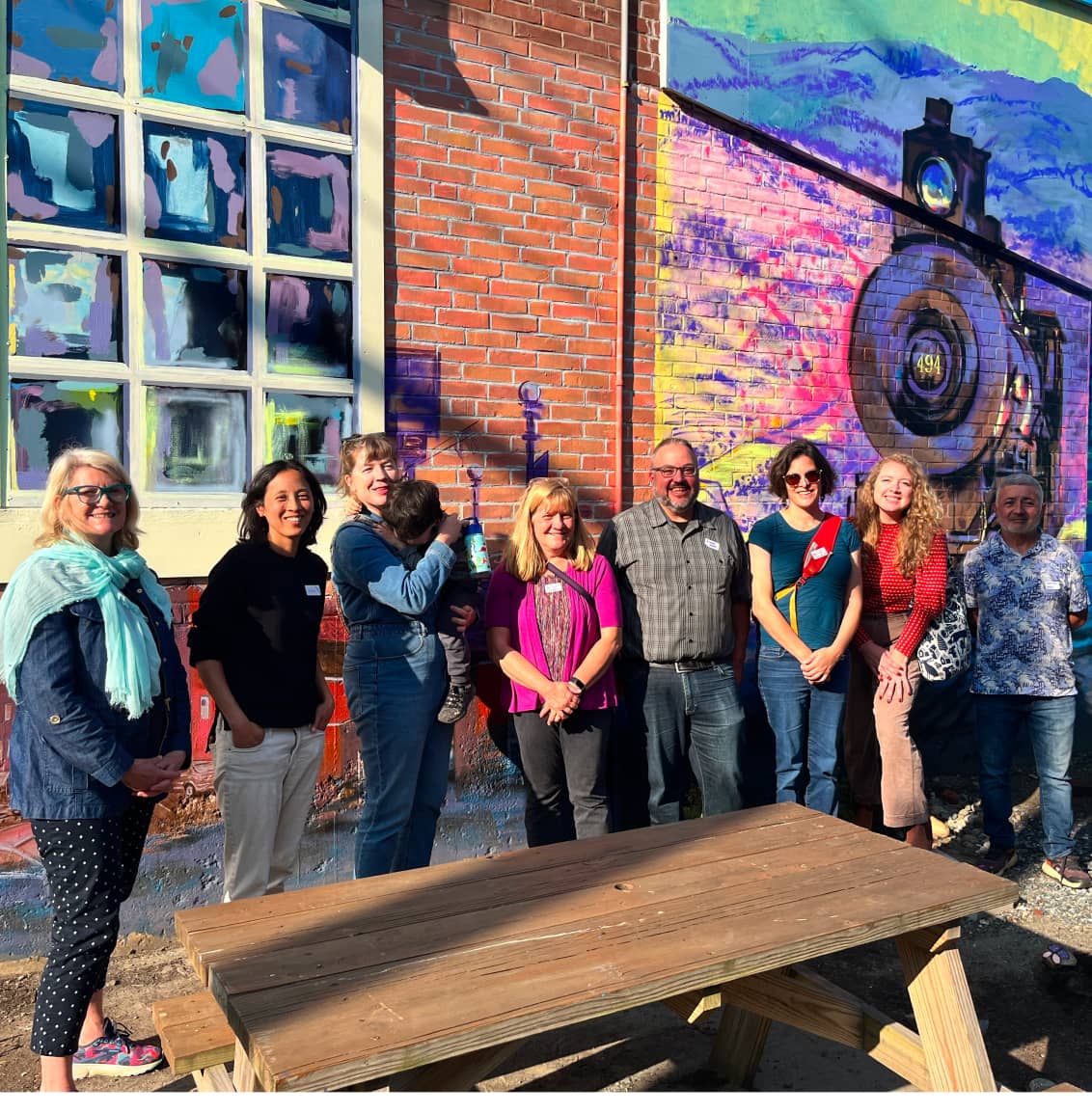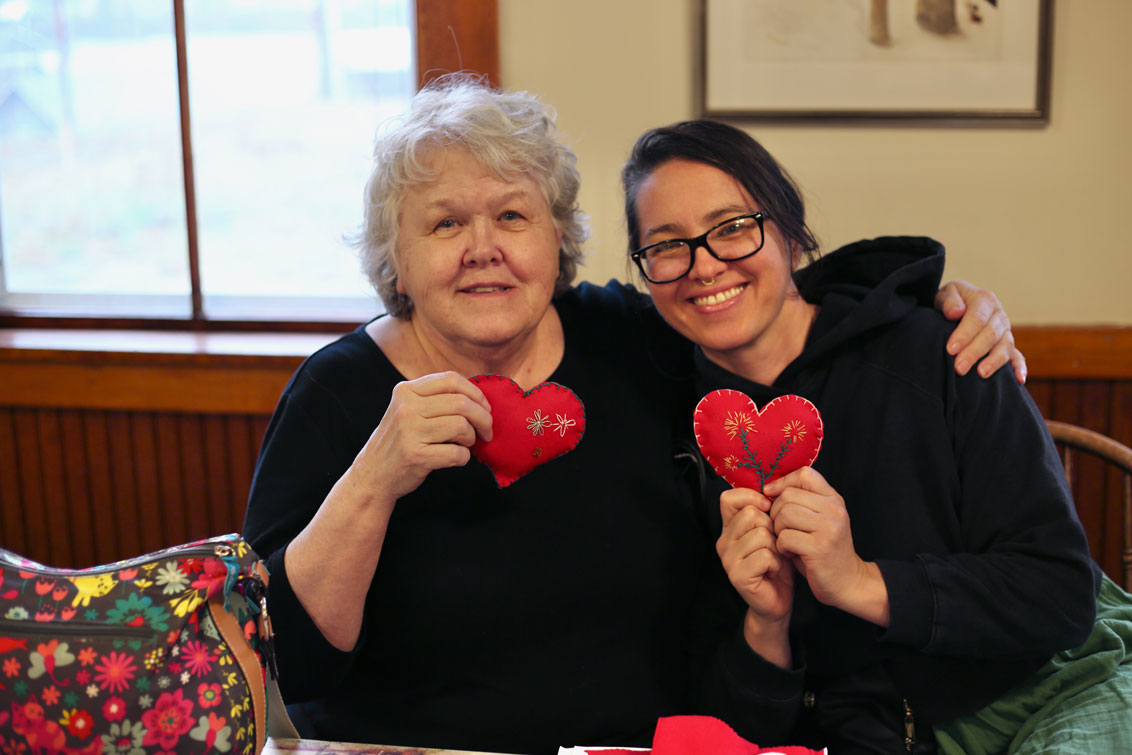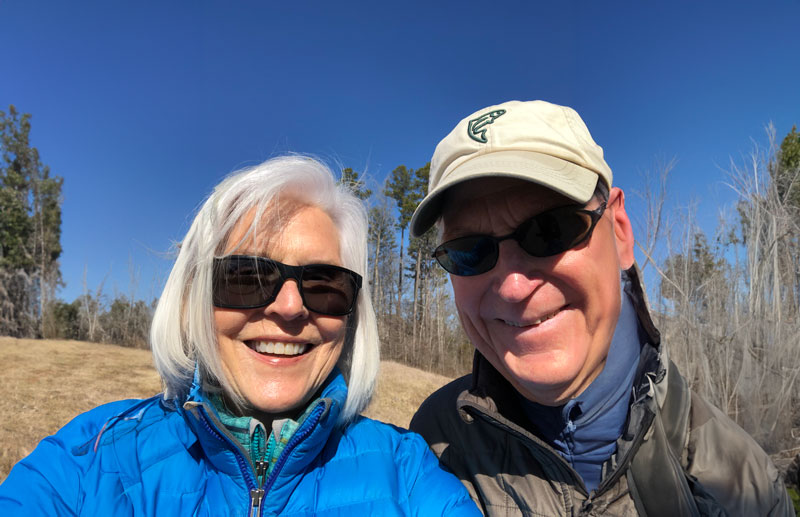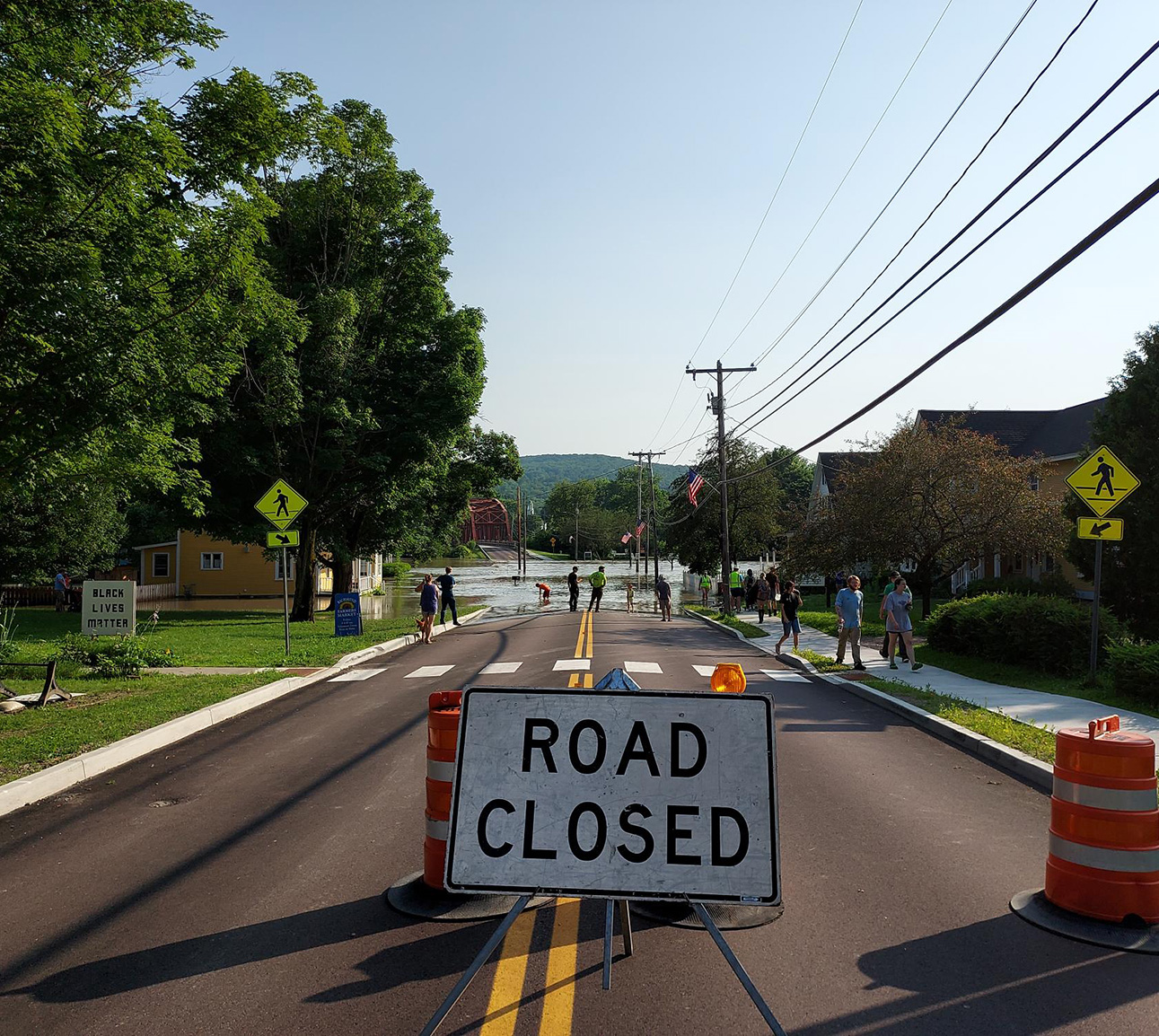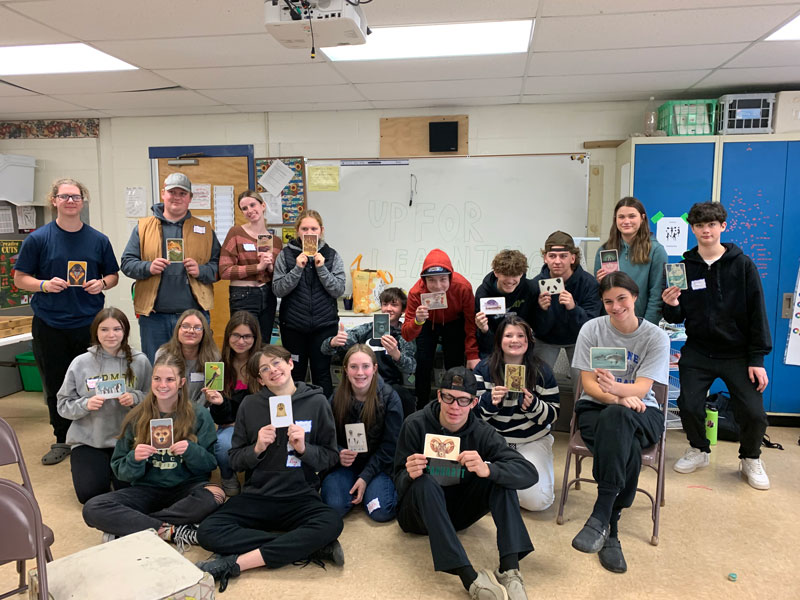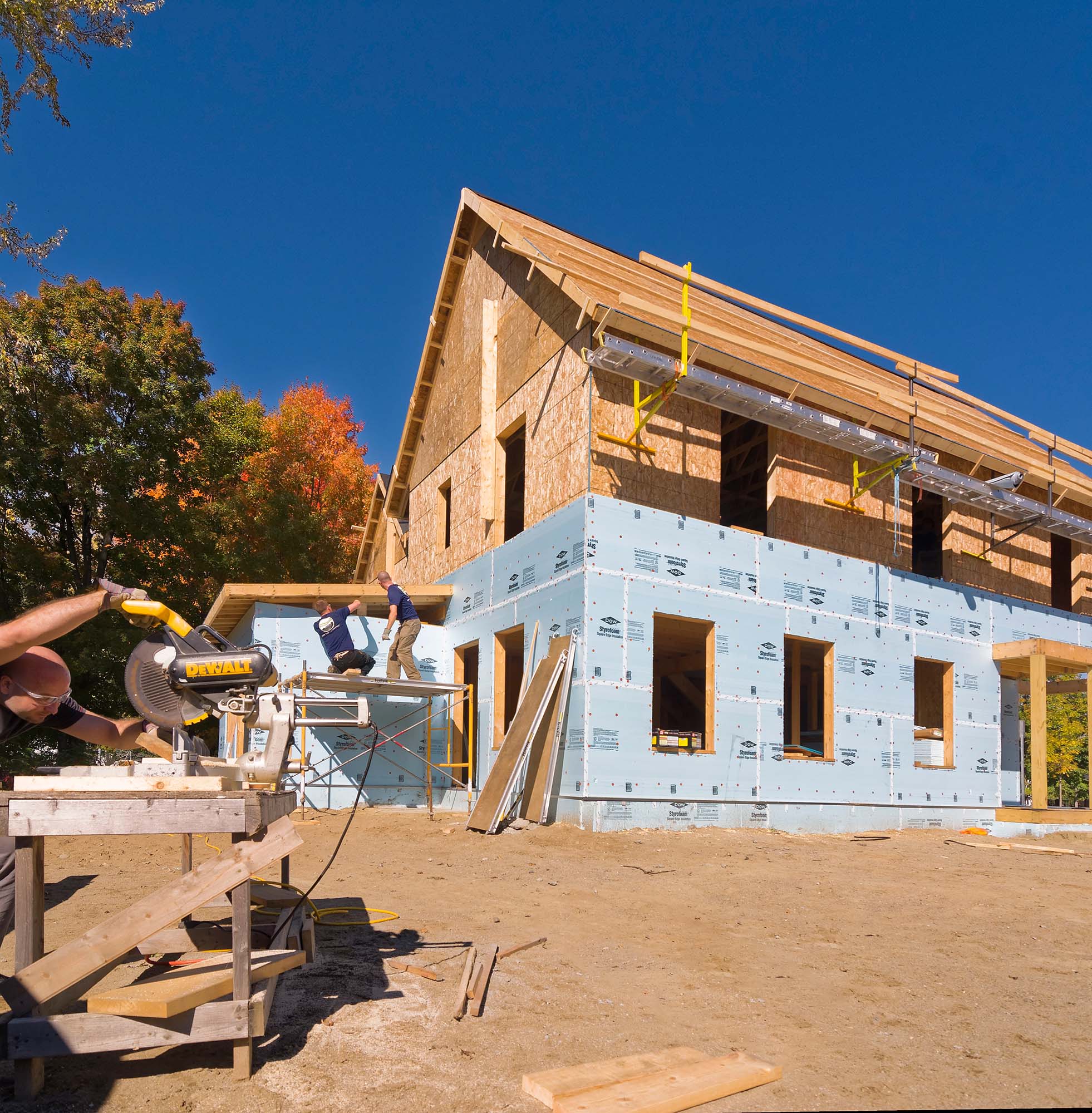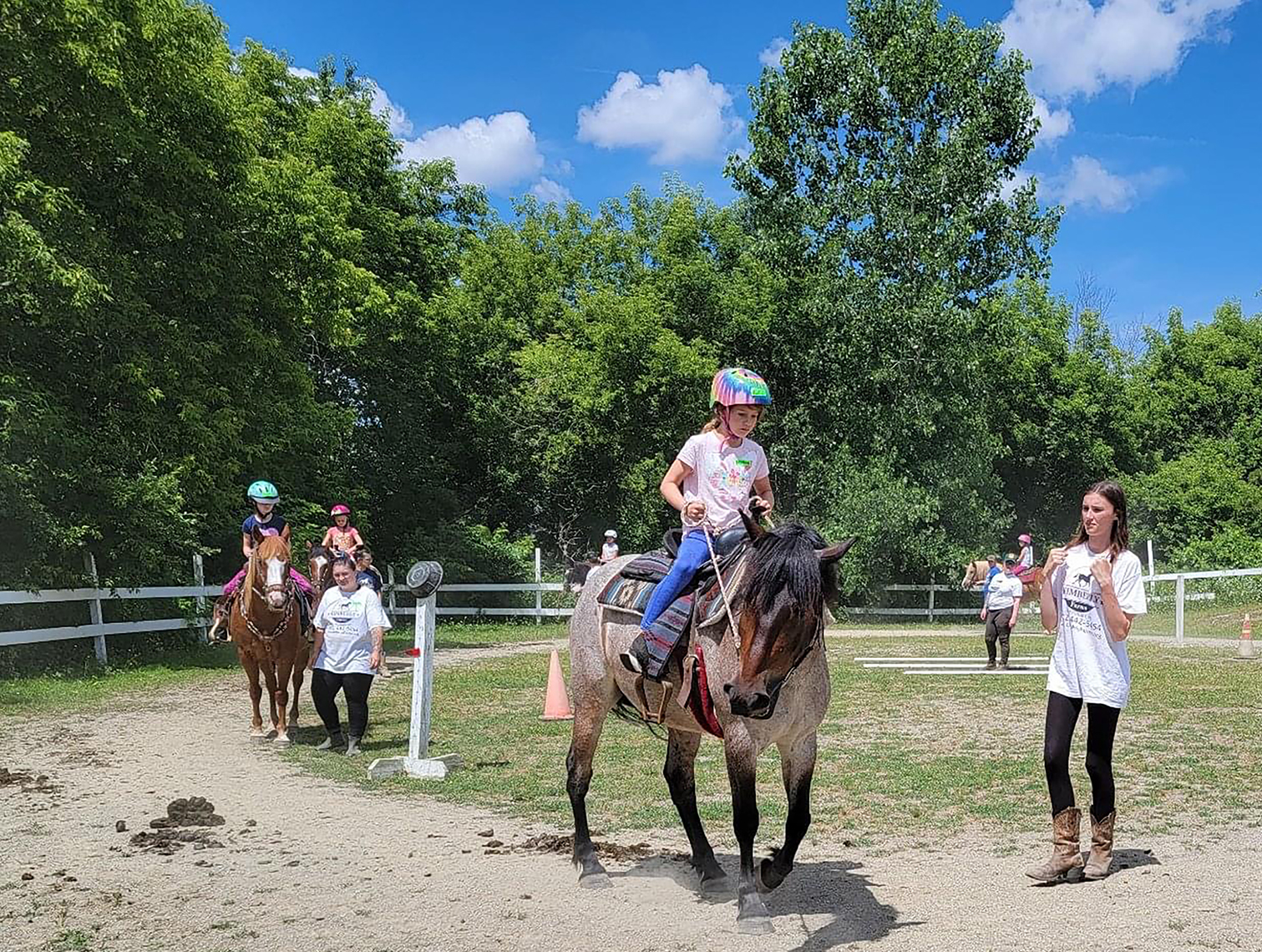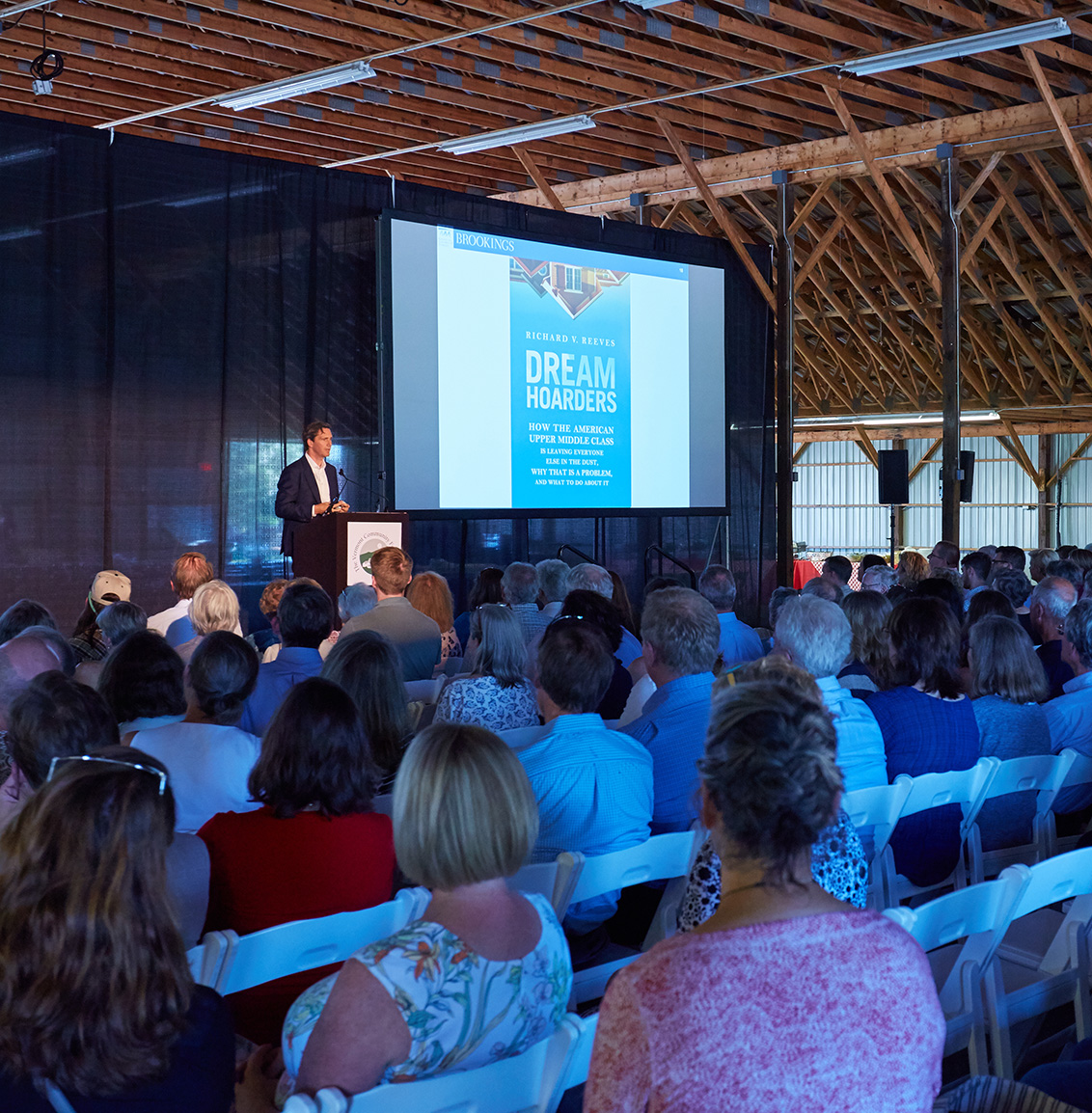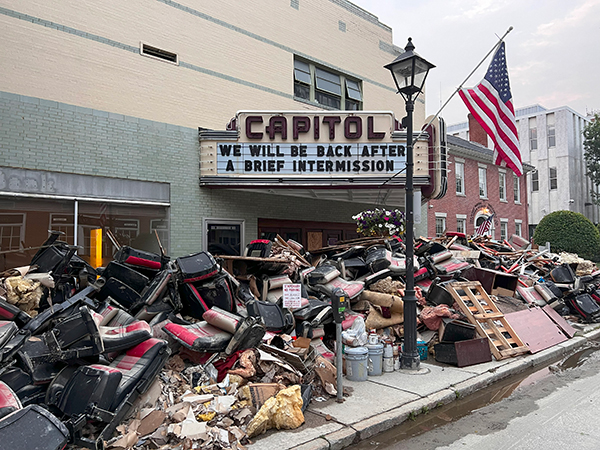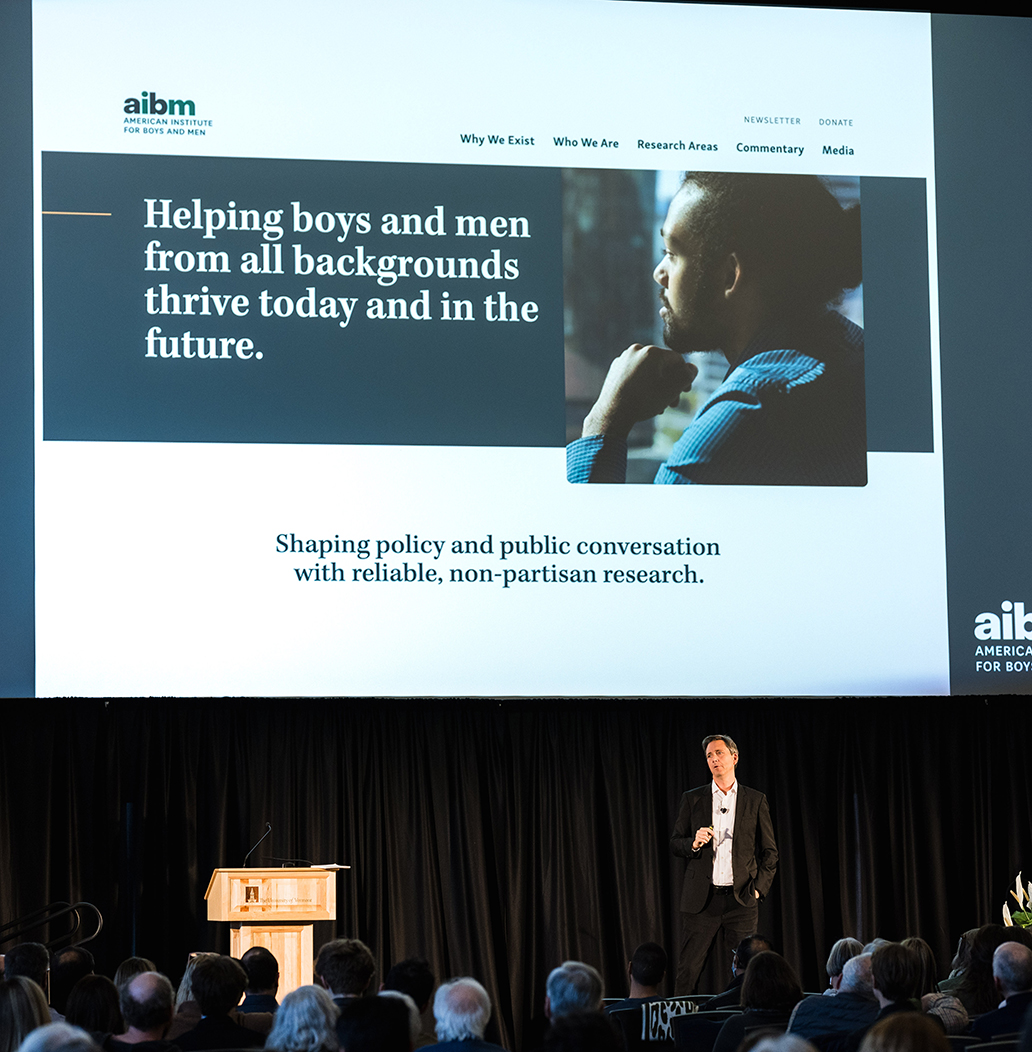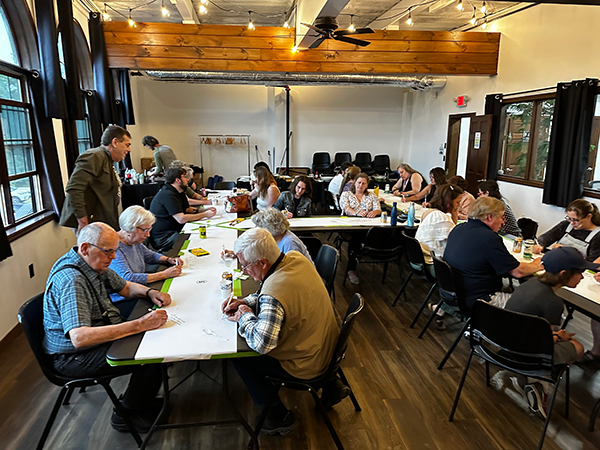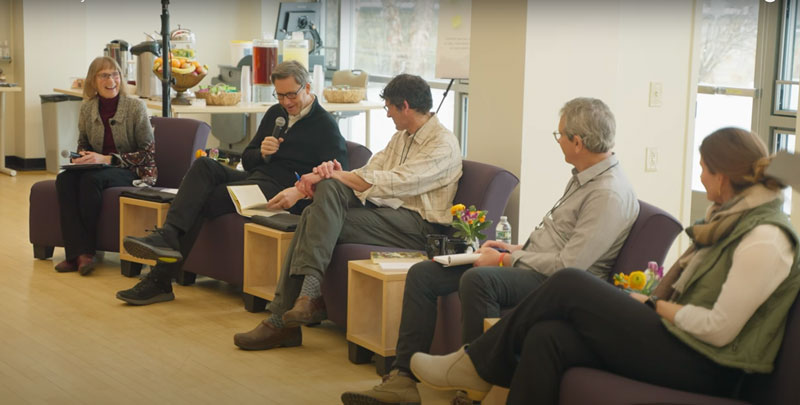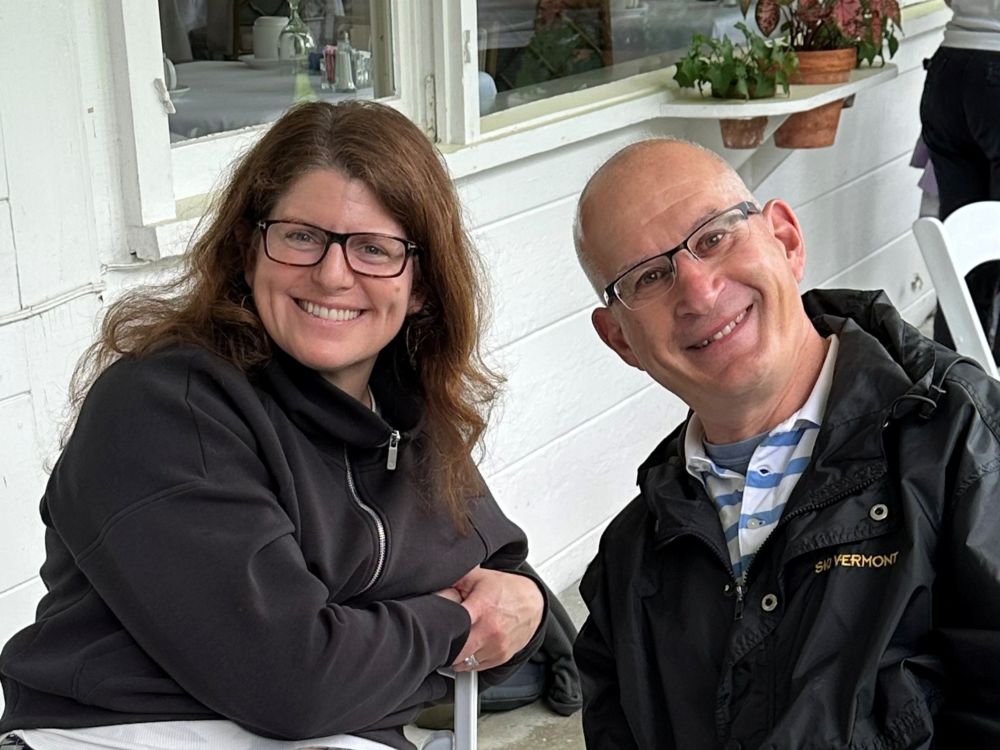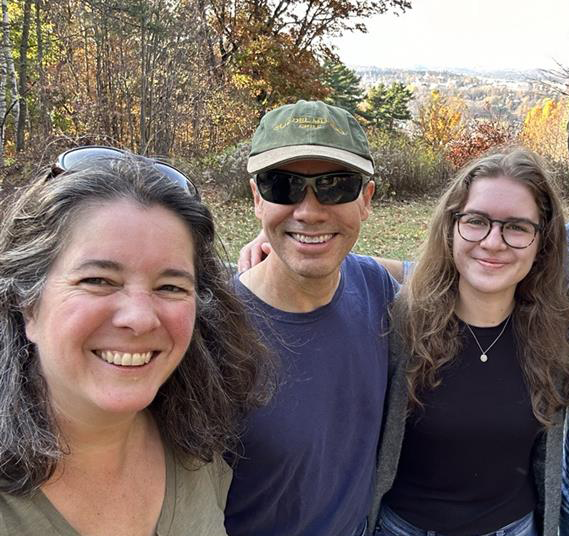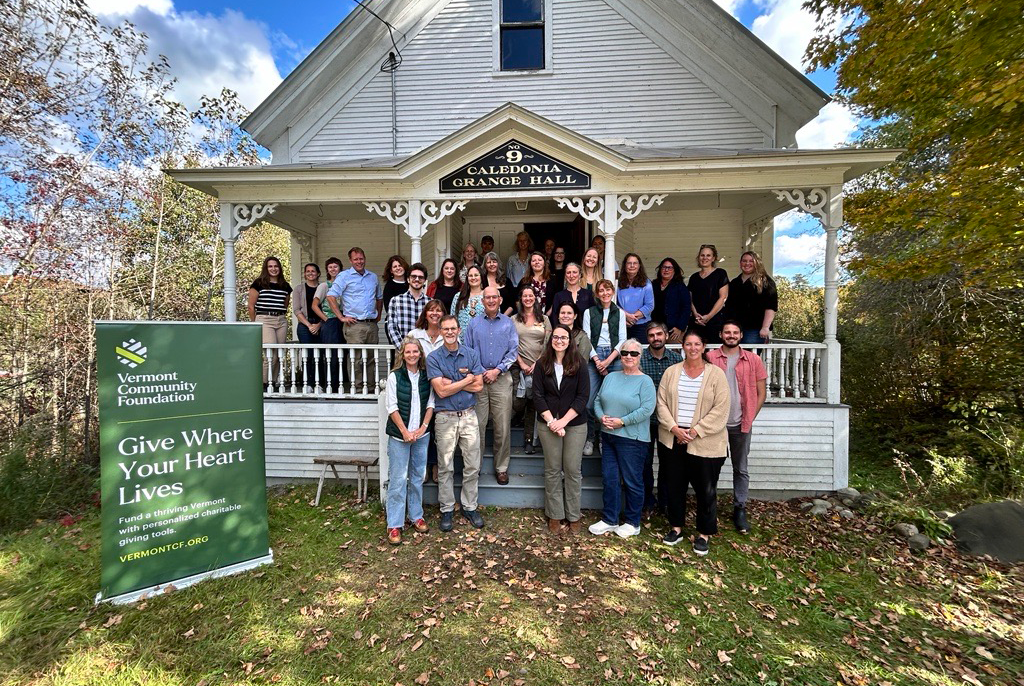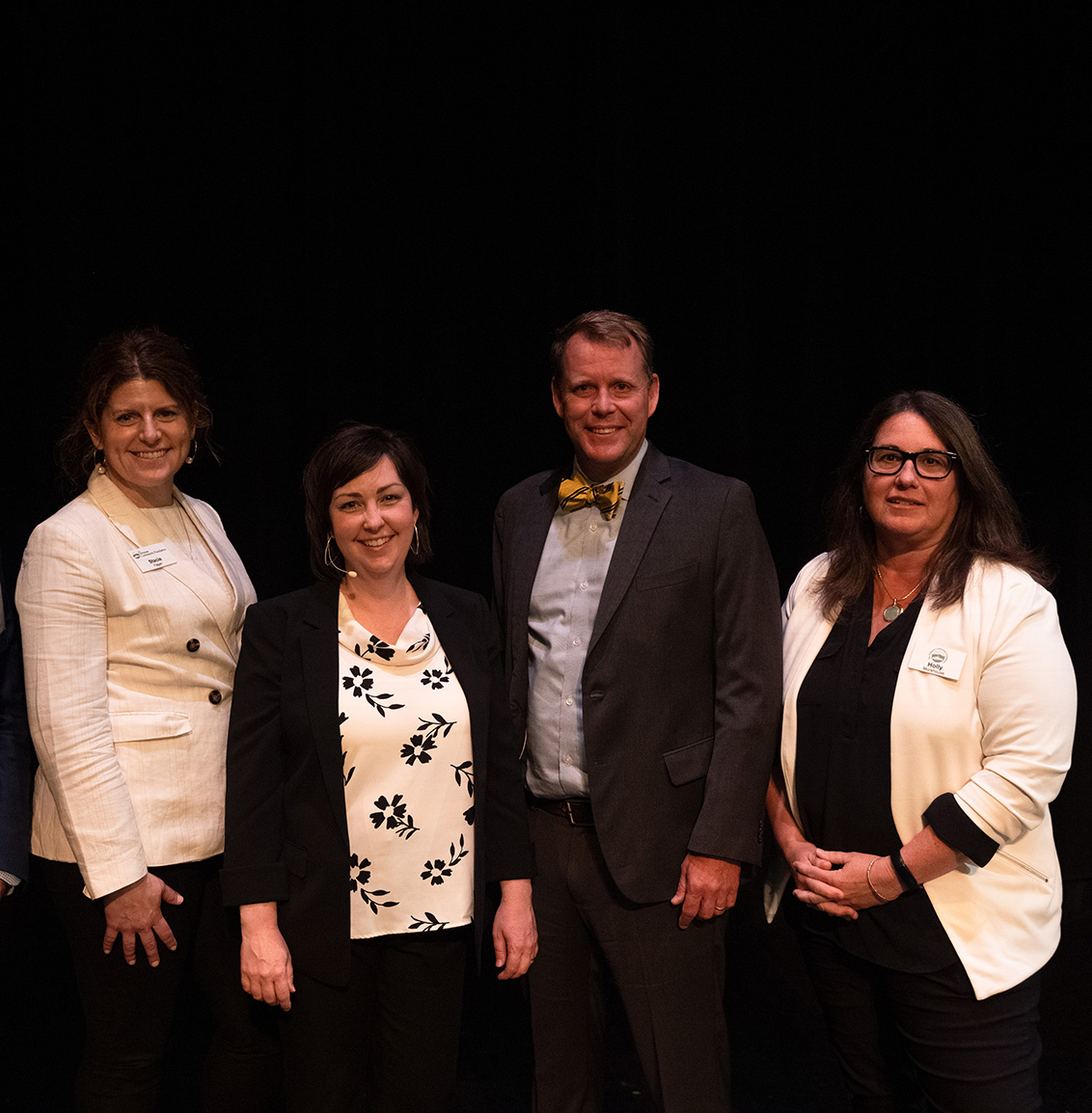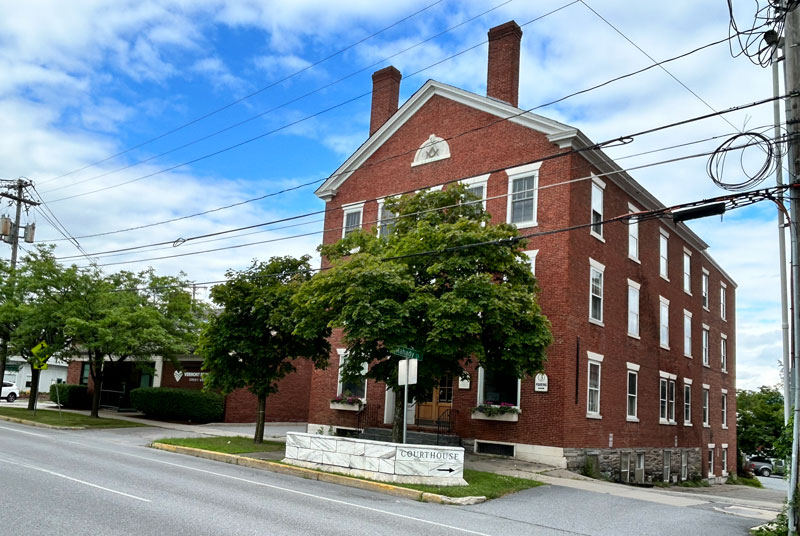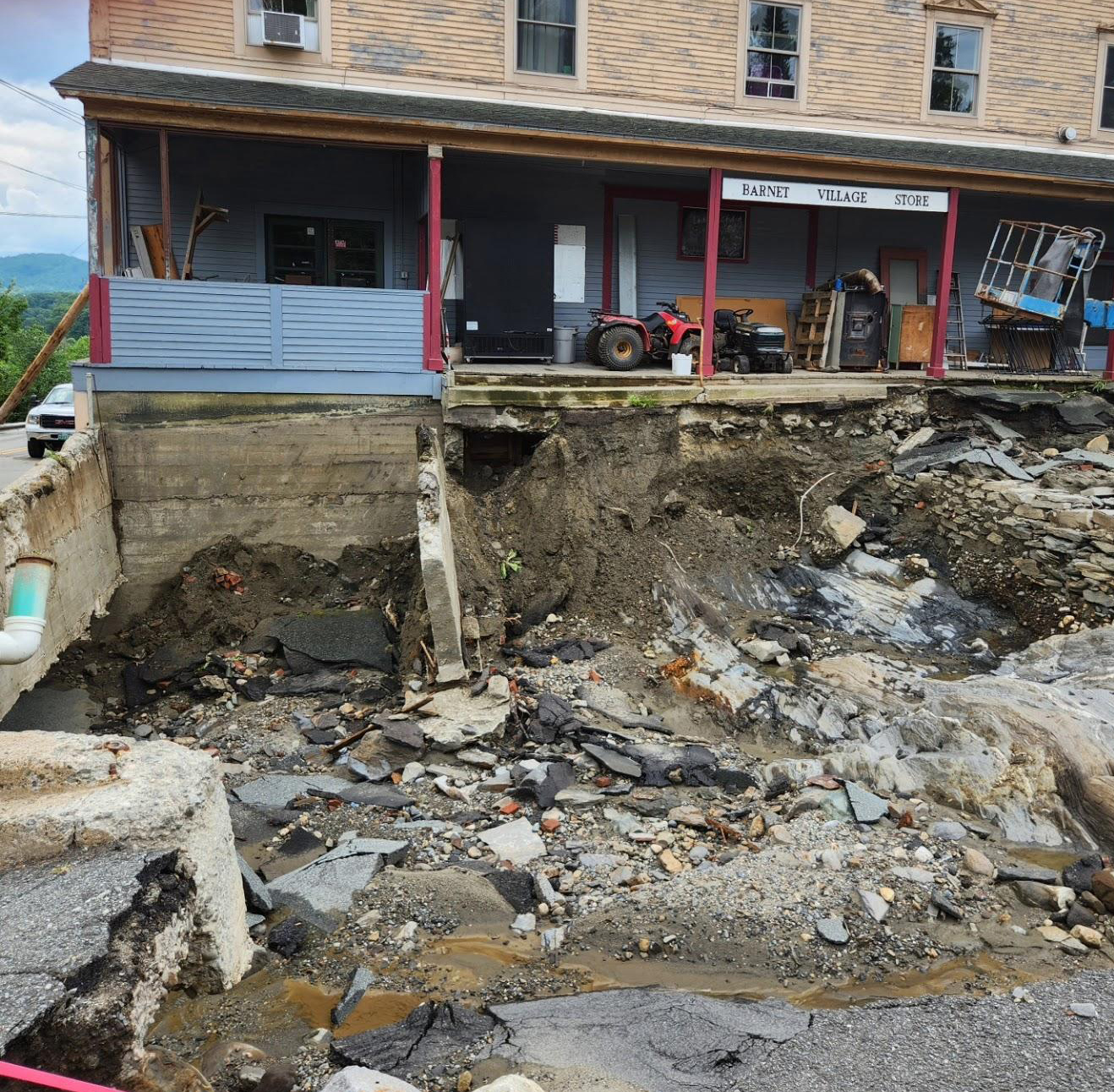People are tired of politics. Fear, mistrust, and polarization have that effect. Trust is the connective tissue of civic structures, and the trend at every level is to trust leaders and each other less and less. As elections increase in intensity, we should reassess what needs to get done (policy) and how we choose to do it (civic design and approach to leadership).
Community and democracy thrive with a sense of shared fate and the potential for progress. Polarization and stalemate offer neither. In Vermont, the need to focus on demographic imbalance, housing, health care, adapting to dramatic weather events, and creating the conditions for a strong economy require a political system that functions as we were taught it might instead of how it currently does.
The work of building strong communities becomes much harder when politics is polarized.
This erosion of trust is something that the Vermont Community Foundation watches closely, because its work is all about building community by bringing people together.
Polarization is corrosive to people and communities. It carries an emotional weight that is broadly shared. According to the American Psychological Association’s “Stress in America” poll, the future of the nation and the election were top drivers of stress and anxiety, along with the economy.
Interestingly, there is abundant research showing that people are much less divided than we think. There are broad areas of agreement. Yet, despite that common ground, we still feel divided. Why?
Polarization is a chosen political tactic taken by professionals. According to Rachel Kleinfeld of the Carnegie Endowment, people wrestle with a high degree of “affective polarization,” meaning we are pushed to dislike and distrust people “on the other side.” Affective polarization is purposefully accelerated by technology, rhetoric, and the professionalization of politics and advocacy.
Polarization is also compounded by the design of elections and governance. In 2017, Michael Porter wrote about the failure of the political system to retain the confidence of its constituents. He noted that parties are insulated from accountability and meaningful pressure to address community conditions. They survive as the lesser of evils.
Our current civic design puts our sense of community at risk and erodes confidence in the representative value of elections. No industry—and politics is an industry—should reflexively avoid innovation. Elsewhere, organizations are pushing new ideas like mobile voting and primary reform, ranked choice voting, and non-partisan re-districting. Alaska, Maine, California, and DC have all moved away from partisan primaries and towards ranked choice voting. When Michigan ended partisan gerrymandering, it stemmed from non-partisan, non-governmental organizations. Only one other state still has a two-year gubernatorial term. Porter observed, “We can fix our political system, but it will require sustained citizens’ initiative and significant investment.”
Election cycles generate a lot of money—politics is a thriving industry. Kleinfeld describes “conflict entrepreneurs.” From a philanthropic approach, there are abundant strategies to increase awareness, connection, and understanding between people across the spectrum, but the pathways to fundraising and political engagement still run through polarizing structures. Success in the political industry does not depend on the compromise necessary to govern effectively and strengthen communities. Success comes more immediately from feeding polarization and stifling opposition. The industry thrives when the satisfaction of those it is supposed to serve declines.
Vermont may be different but is not immune. Outside of a handful of contests, ballots in Vermont are consistently non-competitive. I’ve had countless conversations with voters who shared Bill Schubart’s experience writing in candidates. Pressure to deliver policy depends on the risk of losing, which requires political competition. Without pressure, problems go unaddressed and compound over time.
Wasted time further erodes faith in civic institutions. Working out of challenges as complex as imbalanced demographics and an economy ill-equipped to support the systems we’ve asked it to carry will take time and focus. We can’t afford to waste either with polarizing tactics. In our organization, recent community engagement and grantee surveys reveal a decline in civility and an appetite for leadership. People are frustrated. We hear Vermonters experiencing an array of shared economic and social crises and they are tired of waiting for fresh thinking. There is urgency and high expectations for state leaders to approach this biennium the Vermont way: by working together.
Leadership in this environment means understanding their frustration and responding productively, not competitively. At this point, Vermont’s challenges are clear enough to drive an agenda with discipline and focus. But leadership is not just policy. Communities will continue to erode if Vermont leaders, parties, and the advocates that surround them fall back on homogenized national rhetoric that drives people further apart.
A hallmark of our communities is the willingness of Vermonters to look out for each other. People look out for those to whom they feel connected. We make a decision with devastating consequences for communities if we take the bait, accept the narrative of polarization, and conclude that every neighbor who votes differently represents the worst of the opposing extreme. Affective polarization obscures vast areas of common opinion and shared values.
There are choices leaders can make right now to de-escalate this unproductive dynamic. People need to see leaders working together on the shared frustrations people face. It isn’t a stretch to expect them to do so.
Vermont needs a clear demographic strategy and a commitment to reining in the conditions that make Vermont unaffordable. We need a longer-term assessment of civic design. In addition, I’d suggest a new benchmark for our expectations of leaders this session. Working together means compromising. Effective compromise should make vetoes avoidable and the session short. Avoiding any vetoes and adjourning by mid-April will demonstrate the willingness to work together and with shared focus. Success would signal to those Vermonters losing faith that leaders recognize their role in a democracy that brings people together instead of abiding politics that thrive by driving us apart.
